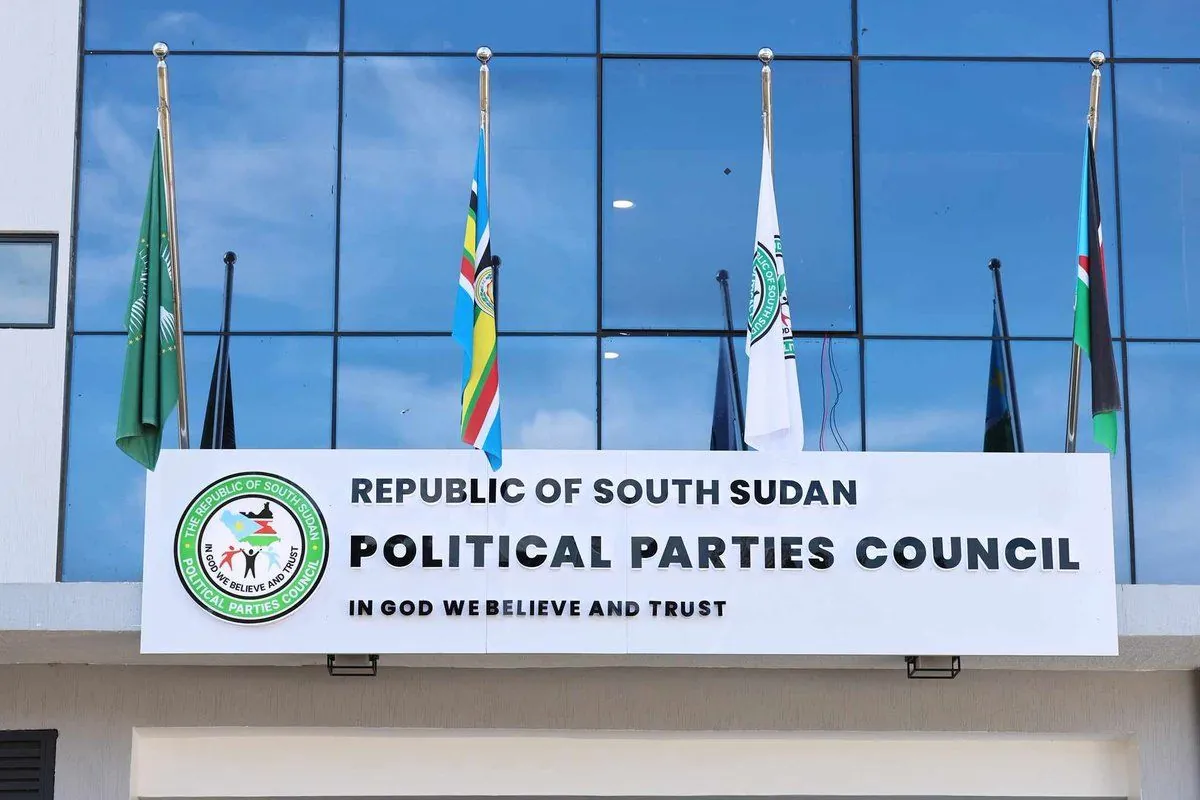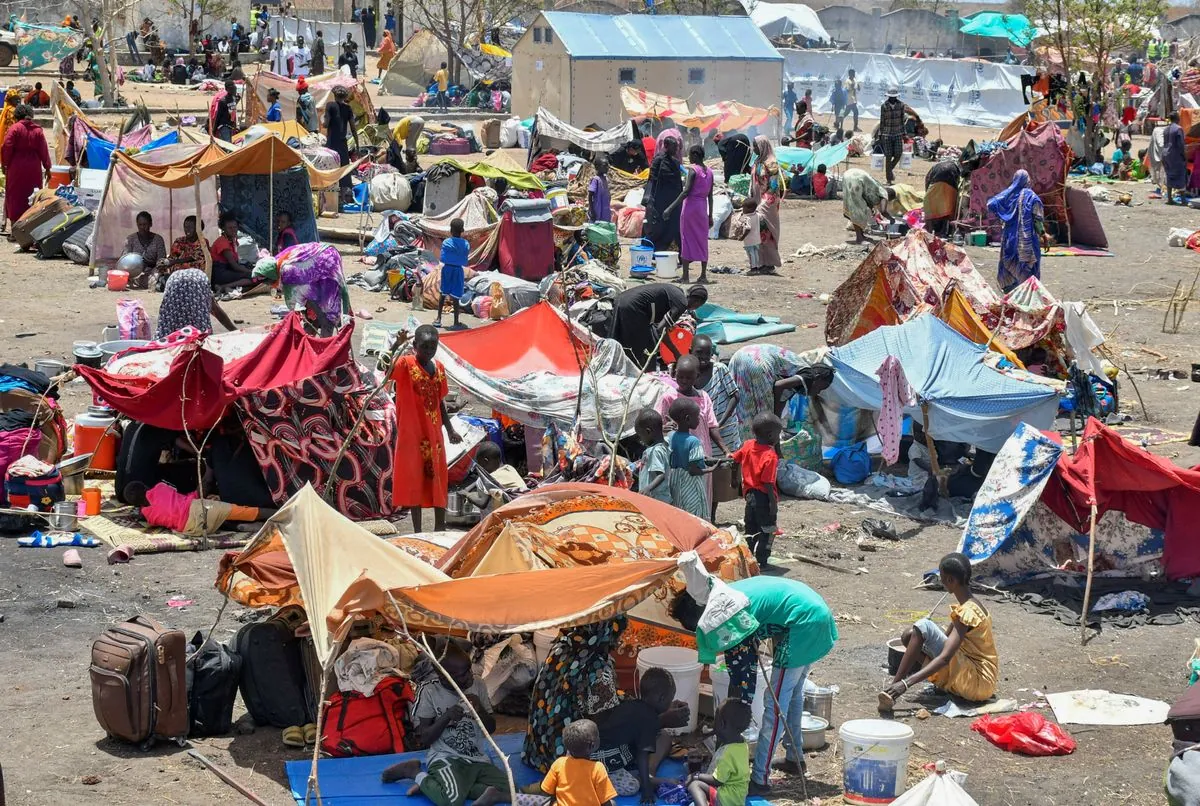South Sudan Delays Elections, Drawing International Criticism
South Sudan's government postpones elections, disappointing international guarantors. The decision highlights failures in implementing the 2018 peace agreement, raising concerns about the country's stability.

South Sudan's transitional government has announced a two-year postponement of elections originally scheduled for December 2024, prompting disappointment from international guarantors of the country's peace process. This decision marks the second delay since 2022, raising concerns about the implementation of the 2018 peace agreement.
President Salva Kiir's announcement on September 15, 2024, has been met with criticism from several nations, including Britain, the United States, Norway, and members of the European Union. These countries, which have been guarantors of South Sudan's peace process since its independence from Sudan in 2011, expressed their disappointment in a joint statement released on September 18, 2024.
The international community views this postponement as a failure of the transitional government to fulfill its commitments under the 2018 peace accord. This agreement was crucial in formally ending a five-year conflict that resulted in hundreds of thousands of fatalities. Despite the official peace, inter-community violence continues to be a persistent issue in the country.

South Sudan, the world's youngest country, has faced numerous challenges since gaining independence. With a population of approximately 11 million as of 2024, the nation grapples with widespread poverty despite possessing substantial oil reserves. The country's complex ethnic landscape, comprising over 60 indigenous groups, has contributed to ongoing tensions and conflicts.
The international guarantors emphasized the importance of elections in fostering peace and stability in South Sudan. They urged the country's leaders to take immediate action to create the necessary conditions for holding elections, viewing this as a critical step towards sustainable peace.
"This decision reflects the failure of the transitional government to implement the 2018 peace agreement despite the promises made with the release of the 'roadmap' in 2022."
The postponed elections were intended to select successors to the current transitional government, which includes President Kiir and First Vice President Riek Machar. These two leaders were once adversaries during the civil war that erupted in 2013, highlighting the fragile nature of the country's political landscape.
Michael Makuei, the information minister and government spokesperson, did not provide an immediate response when contacted for comment on the situation. Meanwhile, Nicholas Haysom, the United Nations' special envoy for Sudan, acknowledged that South Sudan was not prepared for elections at this time.
The challenges facing South Sudan extend beyond political instability. The country struggles with one of the world's highest maternal mortality rates and lowest literacy rates. Food insecurity and malnutrition remain pressing issues, compounded by a significant refugee population in neighboring countries. As the nation grapples with these multifaceted problems, the path to stability and progress remains uncertain.


































